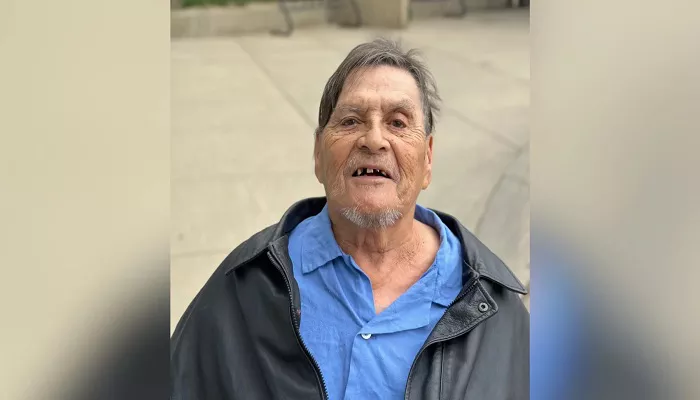Ruben St. Charles, a 73-year-old Indigenous man, revealed that his hair was cut off without permission while he was recovering from hip surgery at Royal University Hospital in Saskatoon. St. Charles had been growing his hair for cultural reasons, intending to pass it down to his sister.
He told Now Toronto that he discovered his hair was gone when he awoke from surgery on August 30. He said the loss was devastating, especially because at his age, growing it back to its former length seems unlikely.
Making matters worse, St. Charles said he overheard hospital staff laughing about his haircut. “I heard the nurses laughing… They said, ‘At least he has a start of a mohawk,’” he said. He called the remarks uncalled for and said no one had the right to ridicule him.
St. Charles said no one explained why his hair was cut. He only received an apology after filing a formal complaint with help from Bonnie Marwood, a patient health advocate with Métis Nation-Saskatchewan. Marwood said the hospital met with St. Charles and promised an investigation along with a letter of apology.
The Saskatchewan Health Authority (SHA) issued a statement expressing regret over the incident. It acknowledged the deep cultural importance of hair and braids in First Nations and Métis cultures and admitted that cutting hair without consent can cause emotional and spiritual harm.
“The SHA extends its deepest apologies for this individual’s experience,” the statement read. The authority confirmed it is treating the case as a critical incident and has launched a formal investigation. A third-party review will also examine staff actions and suggest improvements to create a culturally safe environment.
The SHA said it will work closely with First Nations and Métis health teams to respect Indigenous perspectives throughout the process. The authority also reaffirmed its commitment to providing compassionate care that honors patients’ cultural backgrounds.
This case follows a recent incident in Brampton, Ontario, where a Sikh man had his beard shaved without consent while hospitalized. Both incidents have raised concerns about cultural safety in healthcare settings.
St. Charles hopes for more than just a letter. He wants a direct apology and explanation from those responsible for cutting his hair and mocking him.


